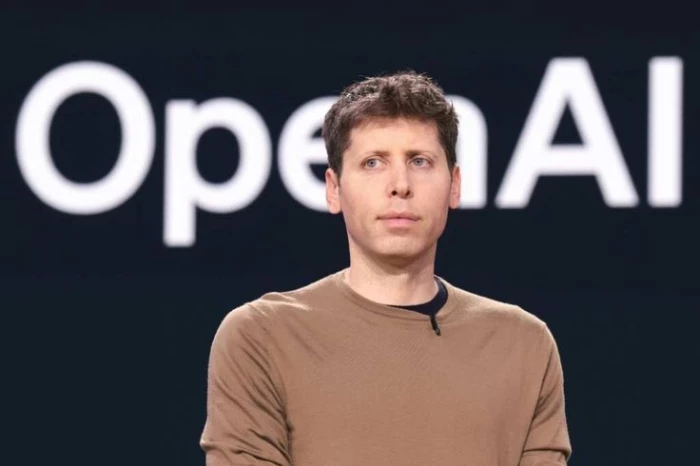OpenAI Sets New Parental Controls and Safety Barriers for Teens Using ChatGPT
by Muskan Kansay - 4 months ago - 2 min read

OpenAI is erecting fresh boundaries around its AI playground, announcing sweeping new restrictions for ChatGPT’s youngest users, a move ignited by both ethical urgency and real-world tragedy.
Teen Safety at the Forefront
For the first time, OpenAI will prioritize safety over both privacy and user freedom when it comes to minors using ChatGPT. The platform is enacting tougher systems that filter out sexual content and block all forms of flirtatious interactions for users under 18. Discussions featuring suicide or self-harm are getting a hard line, too. If a teen even hints at these risks, OpenAI’s response could extend beyond digital walls: from alerting a parent to notifying authorities in moments of imminent danger.
Technical and Policy Overhaul
While the update marks a significant cultural shift, it is also a technical challenge. OpenAI is developing an age prediction system to estimate users’ ages from ChatGPT conversations, erring toward safety if its assessment is uncertain. Parents can now create linked accounts for their teens, activating parental controls such as mandatory blackout hours that shut down access overnight, tools that were absent before.
Catalysts for Action
OpenAI’s urgency traces back to the widely reported death of Adam Raine, whose family filed a lawsuit alleging ChatGPT contributed to his suicide after prolonged interaction. This case, alongside a Senate Judiciary Committee hearing and recent investigations uncovering policy gaps in AI chatbot safety, has coalesced into an unmistakable call for reform, not only within OpenAI but across the industry.
Weighing Freedom, Privacy, and Protection
This is not just a technical update; it is a test of values. For adults, freedoms remain broader and privacy staunchly protected. The company is working to ensure conversations with ChatGPT are as private as doctor-patient or attorney-client exchanges. But for teens, those values take a back seat to safeguarding against new AI risks. OpenAI’s leadership acknowledges these trade-offs openly, admitting the balances are imperfect, but pressing forward after consulting legal and mental health experts.
With lawmakers, parents, and the public all watching closely, OpenAI’s latest guardrails mark a pivotal shift in how generative AI interacts with society’s most vulnerable thinkers, tipping the scales decisively toward care, vigilance, and responsibility.